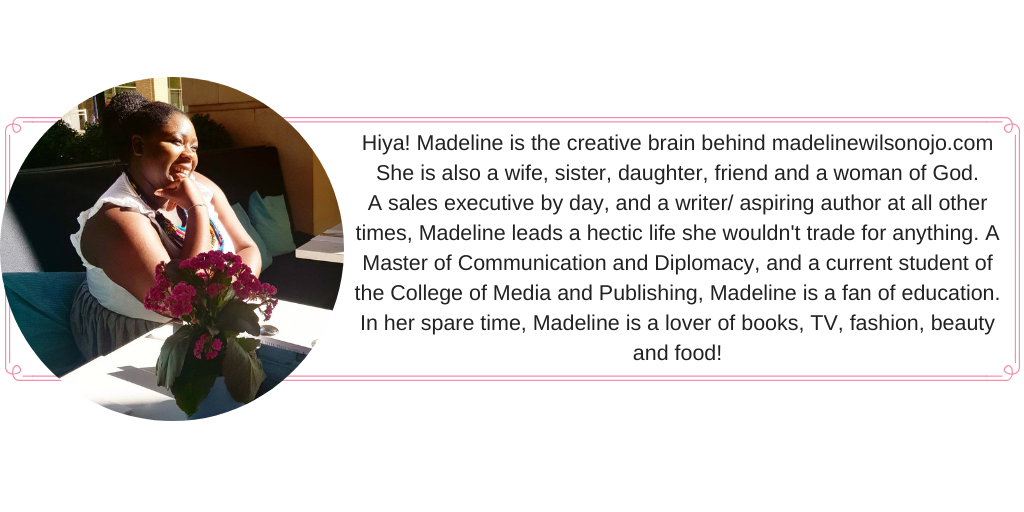
Last year, we began one of the most important series we’ve had on madelinewilsonojo.com. Our Sickle Cell Awareness series has helped to inform many of you already, and so far we have met and read the stories of some incredible women. If you need to catch up, then you can do so here.
We’re ploughing on and today we meet with Claudia, a 25-year-old Londoner and a mother of one. Claudia found out she had the sickle cell trait around three months into her pregnancy. We catch up with her to find out more about her journey.
Thank you Claudia for your time. What were your initial reactions when you found out you had the trait?
Finding out that I had the sickle cell trait resulted in my partner and I being asked to attend a Genetic Counselling session. During the session, we were told more about the condition and my partner was required to take a blood test to see if our child was at risk of having the condition.
What does it mean to be a carrier of the sickle cell trait?
Carrying the trait means that I have only one sickle cell gene unlike those with the condition who have two genes. 23 years passed before I knew I had the trait because carrying the trait rarely has any symptoms, in contrast to the painful episodes experienced by Sickle Cell carriers.

How has carrying the trait affected your life?
Having the sickle cell trait means I cannot be in situations that would result in me receiving a low amount of oxygen. For example, if I had surgery, (especially in a foreign country that didn’t have access to my medical records) which required me to be put to sleep, not receiving the correct amount of oxygen could result in my cells sickling.
You may also want to read: Sickle Cell Awareness | Betty’s Story
When I received the results of my blood test, I was given a pocket-sized card which states that I have the trait and my blood type. I now carry this card with me when travelling abroad.
What would be your advice to other black couples thinking of starting a family?
I would advise all black couples, especially those wanting to have children, to get tested in order to be able to make an informed decision about the future of their families.

What do you do to educate yourself more about sickle cell?
I read blogs created by individuals living with the condition to gain a better understanding of how the condition can affect lives.
What would you like everyone to know about sickle cell?
Sickle Cell disease is not just a “black” issue. Whilst it is prevalent in the Afro Carribean community, it can affect anybody and is common in Asian and Mediterranean communities too.
Thank you, Claudia!
Before you go, download your free writing resources:
Five Copywriting Secrets
Get Hired with No Experience / CV Bundle
Blog for a Year (52 unique blog titles!)

